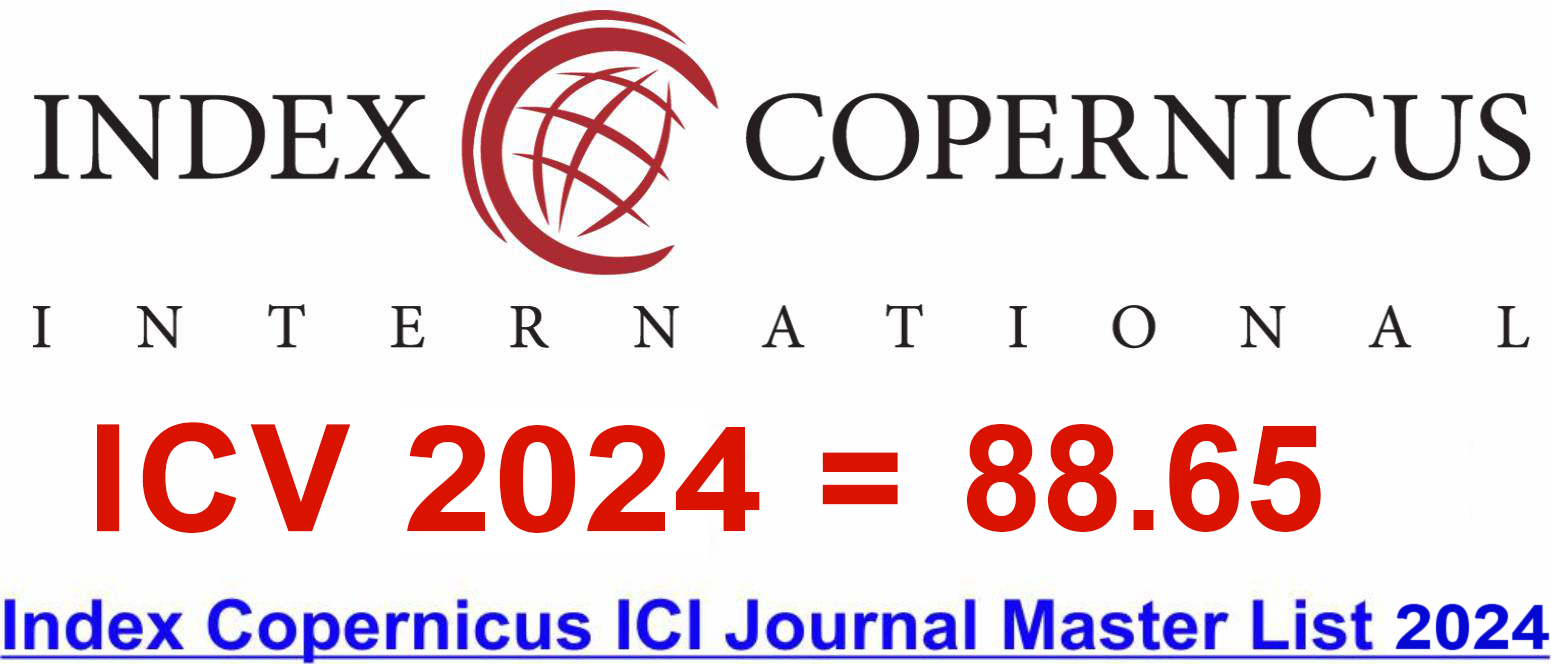Abstract
This research sought to investigate the link between Chinese rural school administrators' leadership philosophies and their employees' level of satisfaction. The researchers examined the connection between job happiness and leadership styles using a variety of ideas. To analyse the data, they used information from 1438 instructors and 151 rural schools. The findings demonstrated that, whereas passive avoidant leadership had a negative correlation with work satisfaction, transformational leadership practices raised teachers' levels of job satisfaction. Additionally, the research found that the emotional aspect of workers' commitment to the organization tempered some relationships between leadership styles and job satisfaction. Certain leadership styles were associated with all components of national culture, except for masculinity. The results suggest that when putting leadership ideas into practice in rural schools, educators and legislators should take these findings into account. To fully comprehend the intricate connection between leadership philosophies and work happiness in remote schools, further investigation is required.
References
- Maqbool S, Ismail SA, Maqbool S, Zubair M. Principals’ behavior and teachers’ performance at secondary schools in rural area of Pakistan. Int. J. Acad. Res. Bus. Soc. Sci. 2019 Jan;9:788-801. http://dx.doi.org/10.6007/IJARBSS/v9-i1/5481
- Sarwar U, Tariq R, Yong QZ. Principals' leadership styles and its impact on teachers' performance at college level. Frontiers in Psychology. 2022 Sep 6;13:919693. https://doi.org/10.3389/fpsyg.2022.919693
- Phuc TQ, Parveen K, Tran DT, Nguyen DT. The linkage between ethical leadership and lecturer job satisfaction at a private higher education institution in Vietnam. Journal of Social Sciences Advancement. 2021;2(2):39-50. https://doi.org/10.52223/JSSA21-020202-12
- Abbas A, Saud M, Usman I, Ekowati D. Servant leadership and religiosity: An indicator of employee performance in the education sector. International Journal of Innovation Creativity and Change. 2020;13(4):391-409.
- Kongjue Z, Yuxiang Z. Ethical Leadership and Corporate Social Responsibility: A Comprehensive Review. International Journal of Advances in Business and Management Research (IJABMR). 2024 Mar 21;1(3):1-7. https://doi.org/10.62674/ijabmr.2024.v1i03.001
- Lee MC, Idris MA, Tuckey M. Supervisory coaching and performance feedback as mediators of the relationships between leadership styles, work engagement, and turnover intention. Human Resource Development International. 2019 May 27;22(3):257-82. https://doi.org/10.1080/13678868.2018.1530170
- Chakraborty A, Banerjee S. Effective Leadership Styles for the Modern Workplace. International Journal of Advances in Business and Management Research (IJABMR). 2023 Dec 12;1(2):31-9. https://doi.org/10.62674/ijabmr.2024.v1i02.004
- Saleem A, Aslam S, Yin HB, Rao C. Principal leadership styles and teacher job performance: Viewpoint of middle management. Sustainability. 2020 Apr 21;12(8):3390. https://doi.org/10.3390/su12083390















